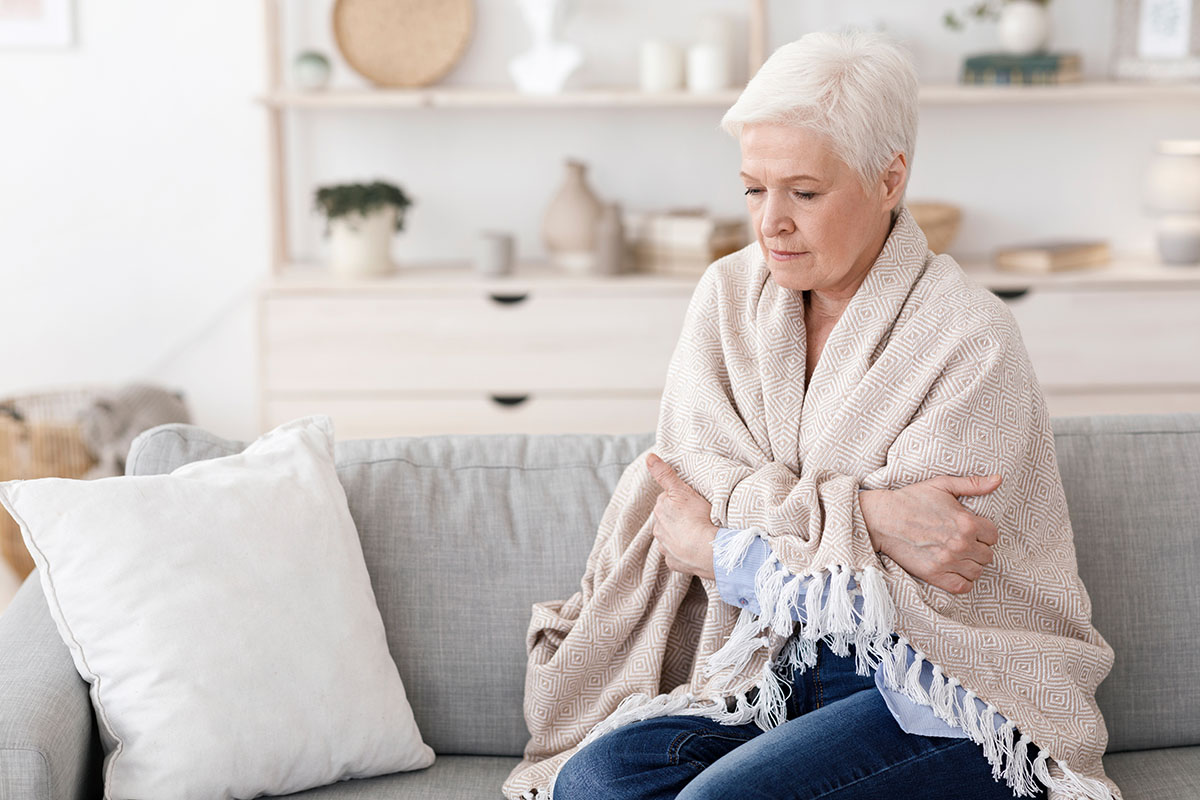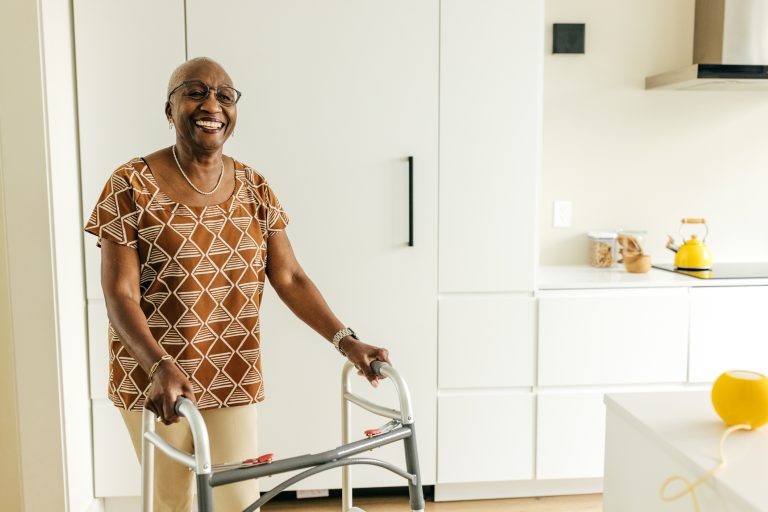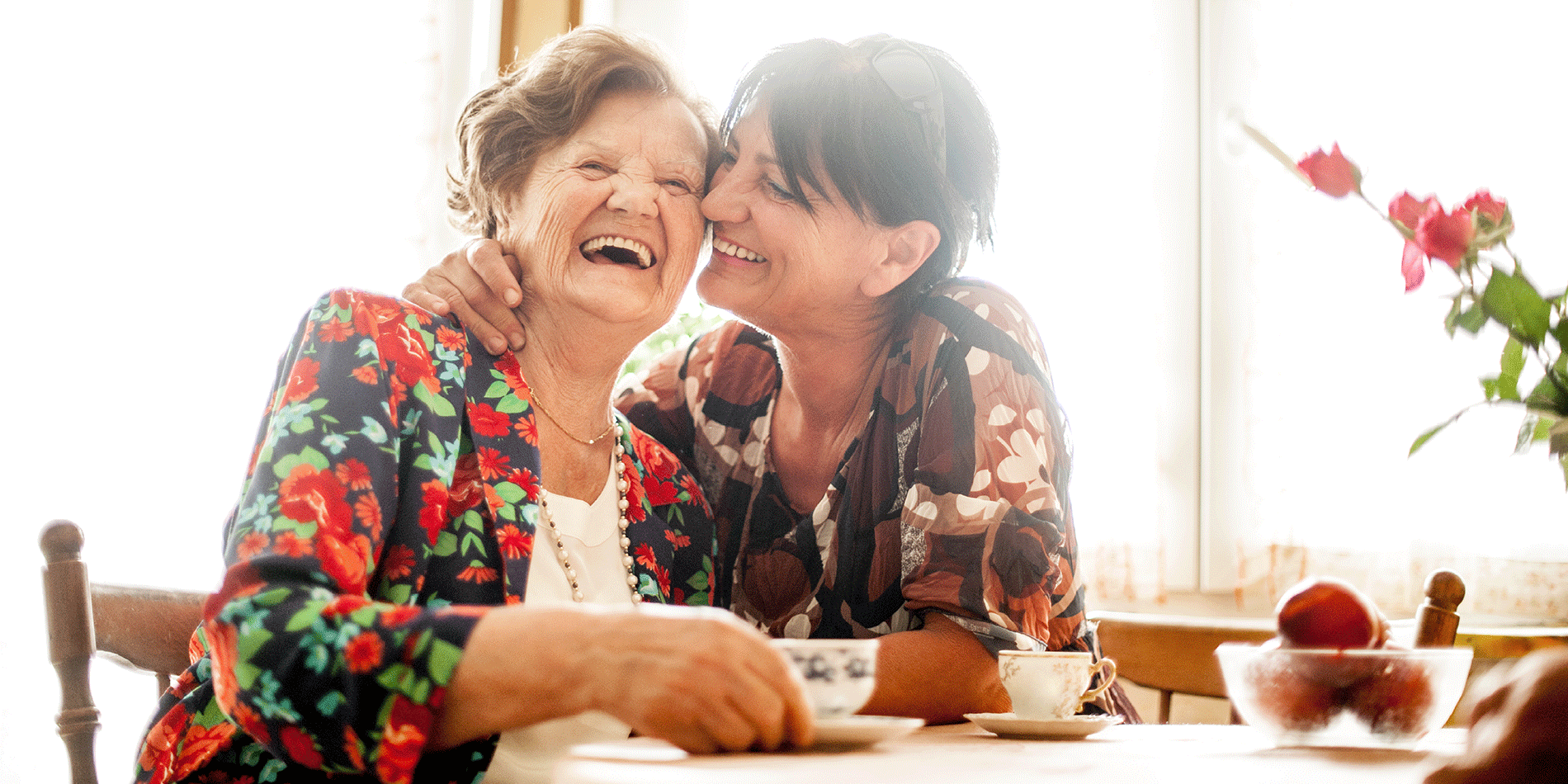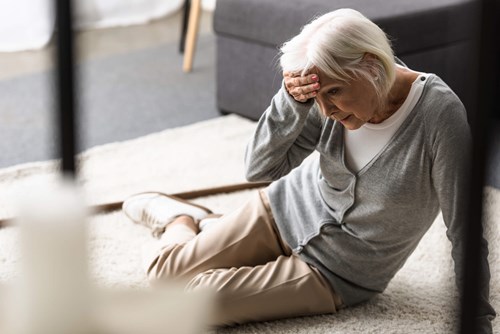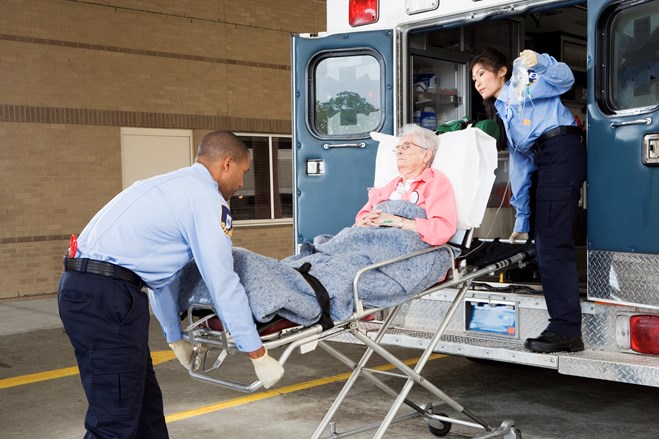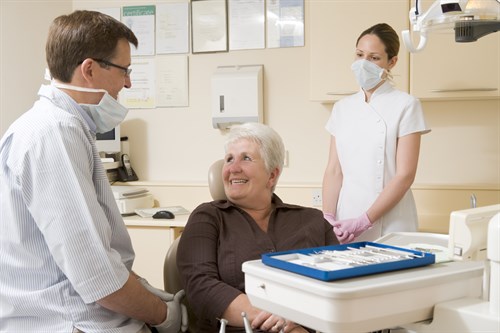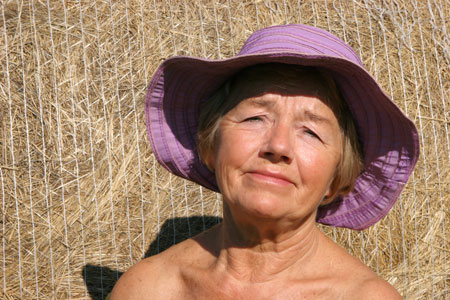Cold temperatures can be scary for your aging parents but the truth is that you worry about them. Are they warm enough? Are they eating right? Did they pay their heating bill? Are they feeling alright? What if there’s a power outage?
When you can’t be with your aging parents, you worry, especially when it’s cold outside. We’ve put together some tips for you to share with your aging parents to help them stay warm and safe this winter. We hope these cold-weather tips for seniors provide peace of mind for you.
Know the signs of hypothermia
As we age, our body’s ability to regulate its own temperature or sense temperature fluctuations changes. For seniors, this can be dangerous because hypothermia is a lesser-known threat than most realize. It’s often thought that extreme cold is responsible for hypothermia, but the truth is mild hypothermia can occur in outdoor temperatures of just 60 degrees or just by being out in the cold for a few minutes.
On top of cold temperatures, seniors’ vulnerability to hypothermia increases because their body’s response to cold can be reduced by medical conditions such as diabetes and even by some medicines including over-the-counter cold elixirs and capsules.
What to do if you suspect hypothermia
If you suspect that your loved one is experiencing hypothermia symptoms, slowly warm them by wrapping them in blankets and adjusting the indoor temperature, if needed. Never rub their hands or feet, give them a hot bath or shower, or have them drink alcohol. Instead, take their temperature and if it is 96 degrees or below, call 911 immediately. You can warm small areas of the body by blowing warm air on them, tucking hands or feet inside warm clothing next to bare skin, cupping cold ears with warm hands and putting chilled fingers in an armpit.
How to avoid hypothermia in seniors
We’ve created a checklist of steps you can take to keep your aging parents or loved one warm and safe during colder weather.
Medications check
Discuss prescription and over-the-counter medicines with their doctor to see if any might increase their risk for hypothermia
Staying warm at home
The trick to staying warm is dressing in layers, starting with long underwear and socks. A cardigan sweater and a jacket are easy to put on or remove should they get too warm. Consider wearing a wool hat or scarf. Wear warm slippers. Some seniors wear mittens or use hand warmers to keep their hands toasty.
When they’re sitting in their favorite chair in the living room, they can put a warm throw around them, use an electric blanket or a heating pad.
The thermostat should be no lower than 68 degrees and adjusted to the temperature where they feel warm.
It is a good idea to have a caregiver, friend or family member check in with your senior daily, either in person or by phone to ensure they are staying warm and safe.
Keeping seniors warm in bed
Layering blankets to trap body heat can keep your loved one feeling warm and sleep better. Flannel sheets, warm nightclothes and socks help immensely. Try wearing knitted hats to bed.
The great thing about layers is that they can be removed when feeling too warm or added when feeling chilly.
While some like electric blankets, using them at night could cause your loved one to get too warm. Plus, they can be difficult to adjust, especially in the dark.
If your aging parents have wood flooring in their bedroom, adding thick area rugs can help insulate the room and their feet when walking across it.
Nutrition
It’s very important for seniors to eat nutritious foods and continue their good hydration habits during the winter months to ensure they don’t lose weight or body fat. Chili, stews, soups, and hearty casseroles are terrific nutritious winter dishes that are easy to prepare and make good leftovers.
Care for your loved one
When you’re worried about your aging parent’s safety and health, a SYNERGY HomeCare caregiver helps keep life moving forward with a whole heart and open arms to help ensure your aging parent or loved one is eating properly, especially in the vulnerable wintertime. Our caregivers prepare nutritious meals, tidy the home, do laundry and make sure your loved one is doing well. Many adult children worry more about their aging parents living alone during the winter months because of the dangers that cold weather presents. Our caregivers help however they can, and report back to you for your peace of mind, and their safety.
When seniors must go out in the cold
Just like when they were a kid, they need to bundle up when they must go outdoors during the cold weather. They should wear a warm coat and be sure to wear a hat, as most body heat escapes from the head. A scarf and gloves are must-haves. Waterproof or weatherproof shoes or boots are ideal to keep feet warm and dry.
Seniors who are able to exercise while outdoors, should, as it’s a great way to increase body temperature and build an appetite.
Be prepared for winter power outages to avoid hypothermia
Here are our top tips to prepare your aging loved one to stay warm and while managing a winter power outage when home alone:
- Keep plenty of bottled water on hand
- Have staples like bread, honey and peanut butter that do not require refrigeration of cooking on hand. Chocolate candy and other non-perishables work well
- Keep your cell phone charged and by your side. Always
- If a storm is predicted, it’s best to have your senior stay with friends or family until the storm passes, or have a caregiver with them for safety.
- Have several flashlights placed strategically throughout the home for easy reach. Have a supply of spare batteries handy
- Place glow-in-the-dark tape around the house to illuminate stairs, corners, sharp edges, doors and doorknobs, etc.
- Consider buying a handful of the adhesive-backed battery operated lights that are typically used to illuminate closets and placing them in strategic areas such as the bedroom, bathroom and stairways to provide lighting
- If your loved one is still driving, be sure they keep their gas tank half full at all times
- Dress in layers and don’t forget long underwear and warm socks. Have warm gloves or mittens handy, hat and scarf, plus extra blankets to stay warm. Wear your winter coat if needed. Wear warm slippers or boots.
